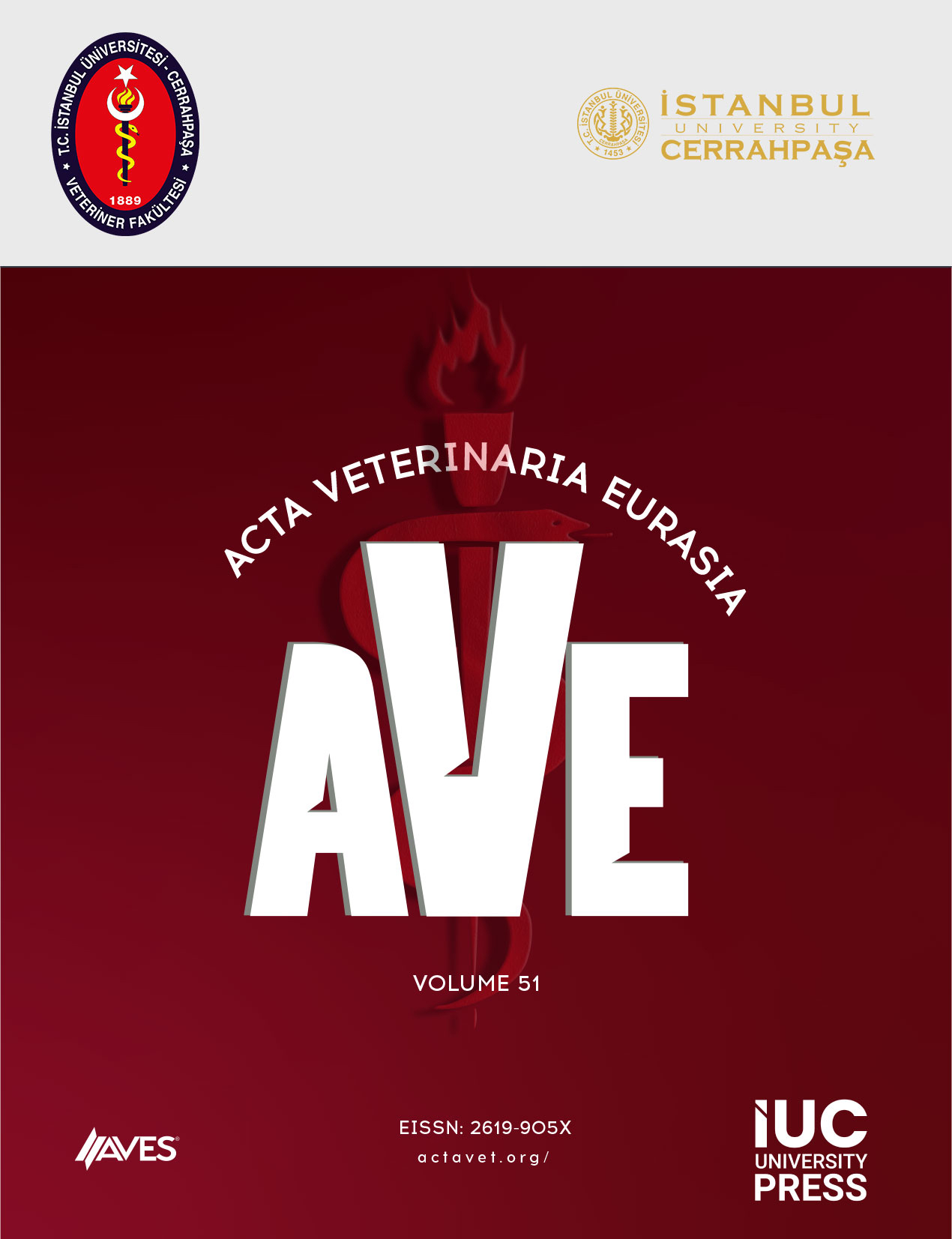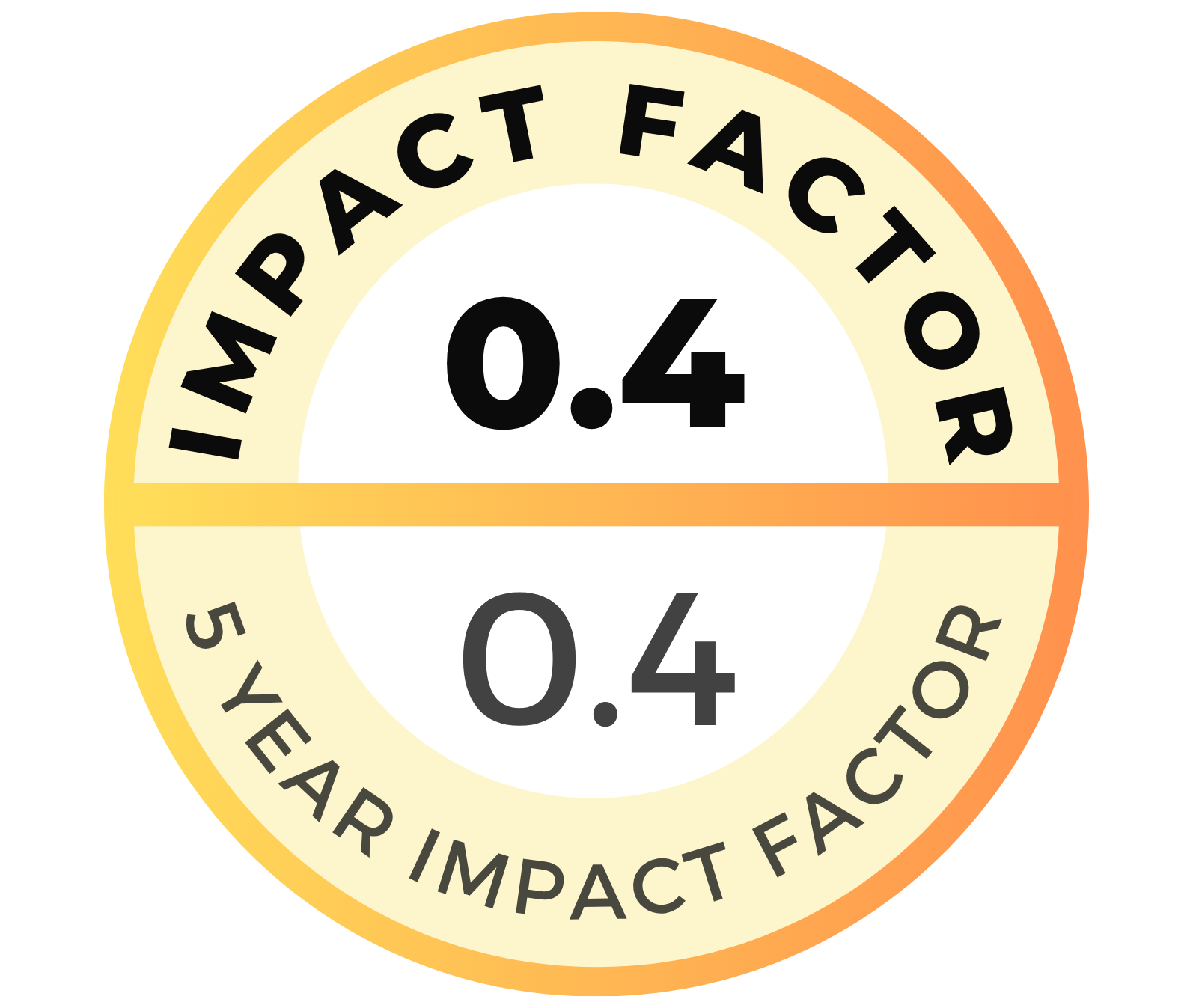This study investigated the bacterial diversities of bee-collected pollen and bee bread of Apis mellifera in Turkey. The bacterial community structure of 14 bee pollen from Bingöl, Konya, and Hakkari and 11 bee bread samples from Bingöl were studied using 16 S rRNA amplicon sequencing and metagenomic analysis. The dominant bacterial phylum in pollen and bee bread samples was Firmicutes, followed by Proteobacteria. In pollen and bee bread samples, Bacillaceae, Clostridiaceae, Enterococcaceae, and Enterobacteriaceae were identified as dominant bacterial families. At the genus level, Bacillus, Clostridium sensu stricto, and Enterococcus were dominant bacteria in both pollen and bee bread samples. The most abundant species was Clostridium perfringens in both pollen and bee bread samples. Escherichia vulneris, Enterococcus faecalis, Bacillus cereus, Enterococcus casseliflavus, and Cronobacter malonaticus were identified with high reads in pollen samples. In bee bread samples, E. faecalis, Clostridium bifermentans, and Pantoea calida were abundant bacterial species. Alpha diversity showed that pol-3 sample had the highest diversity. Beta-diversity plots separated the pollen samples into four main groups and bee bread samples into three main groups. Our results indicated that the culture-independent metagenomic analysis will be a valuable tool for determining the microbial diversity of bee products produced in Bingöl-Turkey one of the important centers of apiculture.
Cite this article as: Arserim Uçar, D. K., Yurt, M. N. Z., Taşbaşı, B. B., Acar, E. E., Yeğin, Z., Özalp, V. C., & Sudağıdan, M. (2022). Identification of bacterial diversity of bee collected pollen and bee bread microbiota by metagenomic analysis. Acta Veterinaria Eurasia, 48(3), 189-199.





.png)